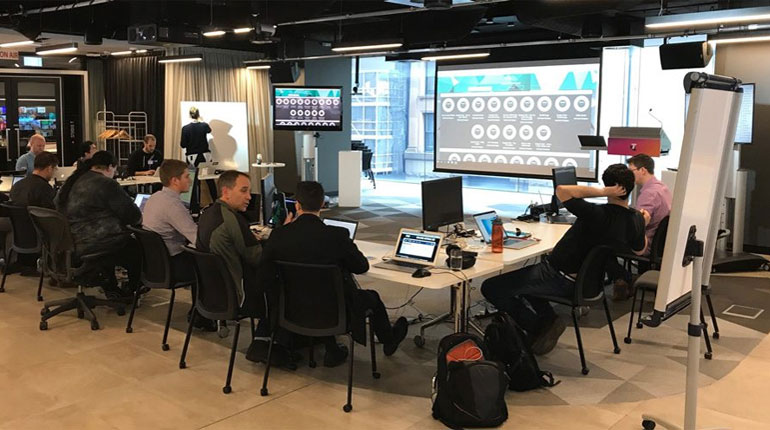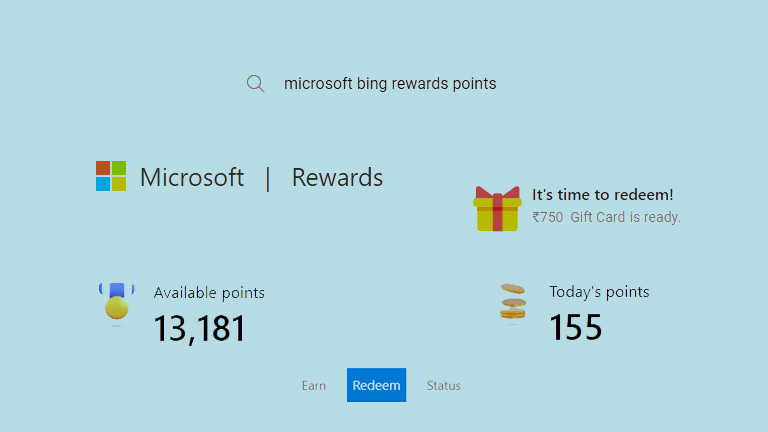Online identity theft, fraud, viruses, and hacking have all left internet users feeling not only violated, but also extremely vulnerable. These days, hackers have become much more sophisticated and advanced in their fraudulent efforts. The malicious intent of hackers and cyber attackers has since become a mainstream concern amongst internet users worldwide. With anyone just as likely as the next to become a victim of cybercrime, it has therefore become essential that everyone protect themselves against cyber attacks.
Though one form of protection was once enough to keep your personal information, identity, and computer systems safe, this is no longer the case. As advancement in technology has given us much to be grateful for, it too has brought with it a slew of opportunities for cyber attackers.
Read on for a list of the five most common online dangers and ways that you can protect yourself and your system from attacks.
Computer Cold Calls – Beware
Millions of households worldwide are being targeted by crooks. The scam is a matter of numbers, where instead of individually targeting specific users, the crooks are cold calling as many people as they can in hopes that they will eventually run across PC users who have a problem with their system. The call comes unsolicited and the caller will claim to work with Microsoft offering some form of help to fix a “problem that you are having with your PC.”
Professor Alan Woodward of the University of Surrey, who has been following the progress of this scam, indicates that the scammers calculate that the more households they ring, the more likely they are to run across someone who will assume that the call is genuine. He says, “Nobody thinks the scammer would be calling everyone in the book, but that is what they’re doing.”
Once the scammer has piqued your interest they will proceed to ask you for your username and password, or they may instruct you to click on a specified web link that will give them remote access to your system. Once they have gained access to your machine by either method, they are in full control and can drain accounts that you might have never thought to be susceptible to fraudulent activity.
If you receive an unsolicited call claiming to be from Microsoft, hang up; you have been targeted. They may continue to call back at which point you should continue to dodge the calls.
Mobile Malware is Dangerous Too
You are just as much at risk of falling victim to cyber crimes via online usage from your mobile phone or tablet as you are when you are on your desktop or laptop. Director of fraud at Experian, Nick Mothershaw, warns that not enough cloud-based users have the proper protection to prevent them from cyber attacks. He says, “About half of smartphone and tablet users have no malware protection, leaving them vulnerable to cybercrime.”
It is important to protect your smartphone, tablet, and other internet accessible devices just as you would use anti-virus software for your PC. In addition to having the proper protection, you should follow the same rules when on your phone or tablet that you do on your computer. For instance, never open emails from unknown sources and do not ever give out personal details to unknown sources.
Holiday Booking Fraud
When it comes to online booking, do not be conned by phony websites boasting false advertisements and email scams.
Just recently, travelers booking rooms through legitimate sites such as HomeAway, Airbnb, and Owners Direct have lost thousands after being tricked into paying for accommodations that do not exist.
The worst part about falling victim to these types of crimes is that there is little protection under the law and you will therefore struggle immensely to recoup your losses. According to Lauren Haas at BL Claims Solicitors, you should be ultra-suspicious if you are forced to pay a rental fee upfront or to send your payment to a foreign bank. This is especially true if the “business” requires that you submit payment via Telegraph Transfer or Western Union.
Prevent Hacking
Of course you should always use anti-virus software for your PC, but there are other ways that you can protect yourself from being hacked, such as installing an intrusion prevention system like Snort. In order to protect yourself and your personal information, you should proceed with extreme caution when using public computers or networks. Your information is especially vulnerable when you use public computers because they are open to the public. That means that other people have used the computer system before you and may have installed programs that are designed to record your passwords as you type them in. Additionally, public networks generally have minimal security systems in place and thus connecting to their network leaves you and your system subject to attack.
Another fundamental preventative measure to take when trying to avoid becoming a victim of hacks and other cybercrimes, is to protect your passwords. This means never giving your password out, using unique passwords for each login, and storing your passwords in a safe inaccessible location. You should also take care to ensure that each password is strong. This means that it should include a unique mix of upper case letters, lower case letters, and special characters.
The last tip for preventing hacking is to never download unknown applications. The internet is full of free software. However, if you are not familiar with the source you should never download free applications. These apps can be loaded with malicious programs that will infect your system.
Prevent Piracy
Avoid piracy by purchasing media content directly from the owner. Do not share your files or programs freely, even among family and friends. If you come across a site that offers pirated content be sure to report them to your ISP or local government.
If you are aware of other online scams or cybercrime scams, please share and help prevent others from becoming victims of malicious intent.





